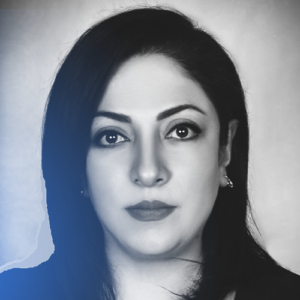Water is essential to realize all the SDGs, to meet the challenges of global changes, and for all aspects of human and environmental development. The wide range of water security challenges will require a similarly wide range of innovative solutions and tools, ranging from using the internet and mobile applications to remote sensing and big data, from desalination to cloud seeding, and from artificial intelligence to blockchain technologies. Technology brings a new chapter to data and decision-support systems to light and develop innovative forms of institutions, governance, and enabling infrastructure. However, technology alone cannot solve the water security challenges. Sustainable solutions require integrated and transdisciplinary approaches to create a roadmap as a shared vision to embrace the opportunities of the present and future digital solutions to reach the 17 SDGs by 2030 and beyond.
Today sustainability and digital technology have been connected along their path of development, and their innovative combination may provide such new capabilities in the water sector to understand the trend of disruptive changes from global to local. As a promising game-changer, the on-going development and integration of digital technologies are providing opportunities for water security while actuating the positive impact of a technology-enabled sustainable development won’t occur unguided in water management practices.
Experts in digitalization and sustainability from academia, private sector, politics, tech organizations, start-ups, national authorities are invited to join in our a session to present their research, experience, projects and case studies, to contribute to creating a shared vision considering the current landscape, gaps, risks and opportunities as well as actions that can accelerate the transformation towards sustainable digital water security.
